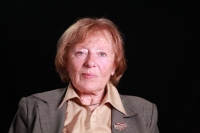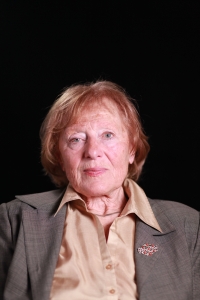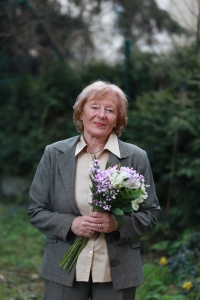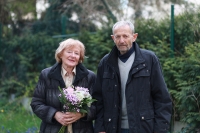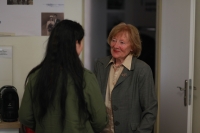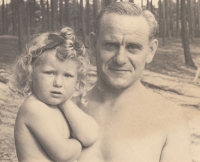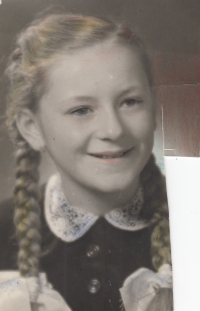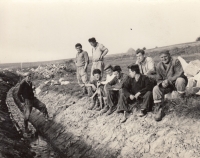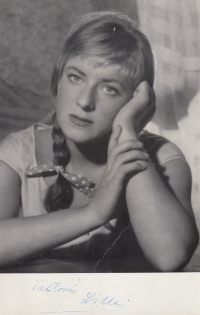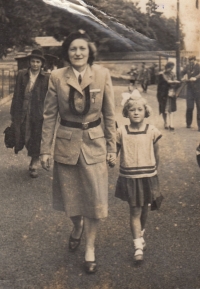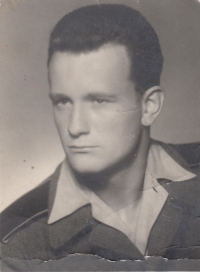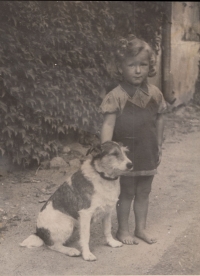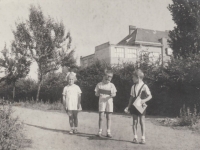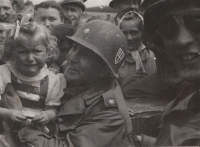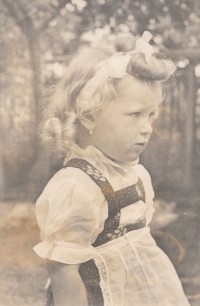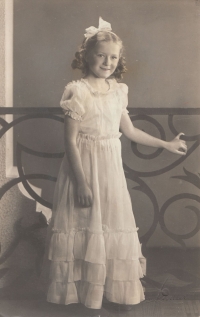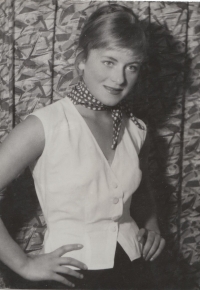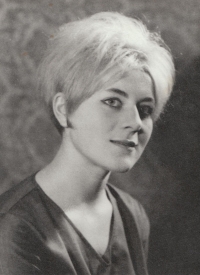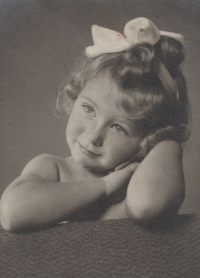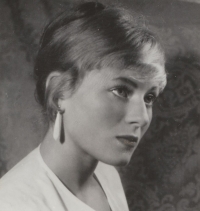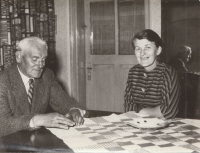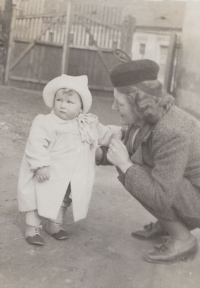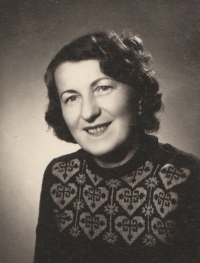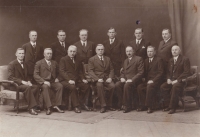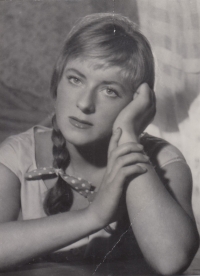I was a little girl when my dad was taken away, when he came back I had graduated from high school.
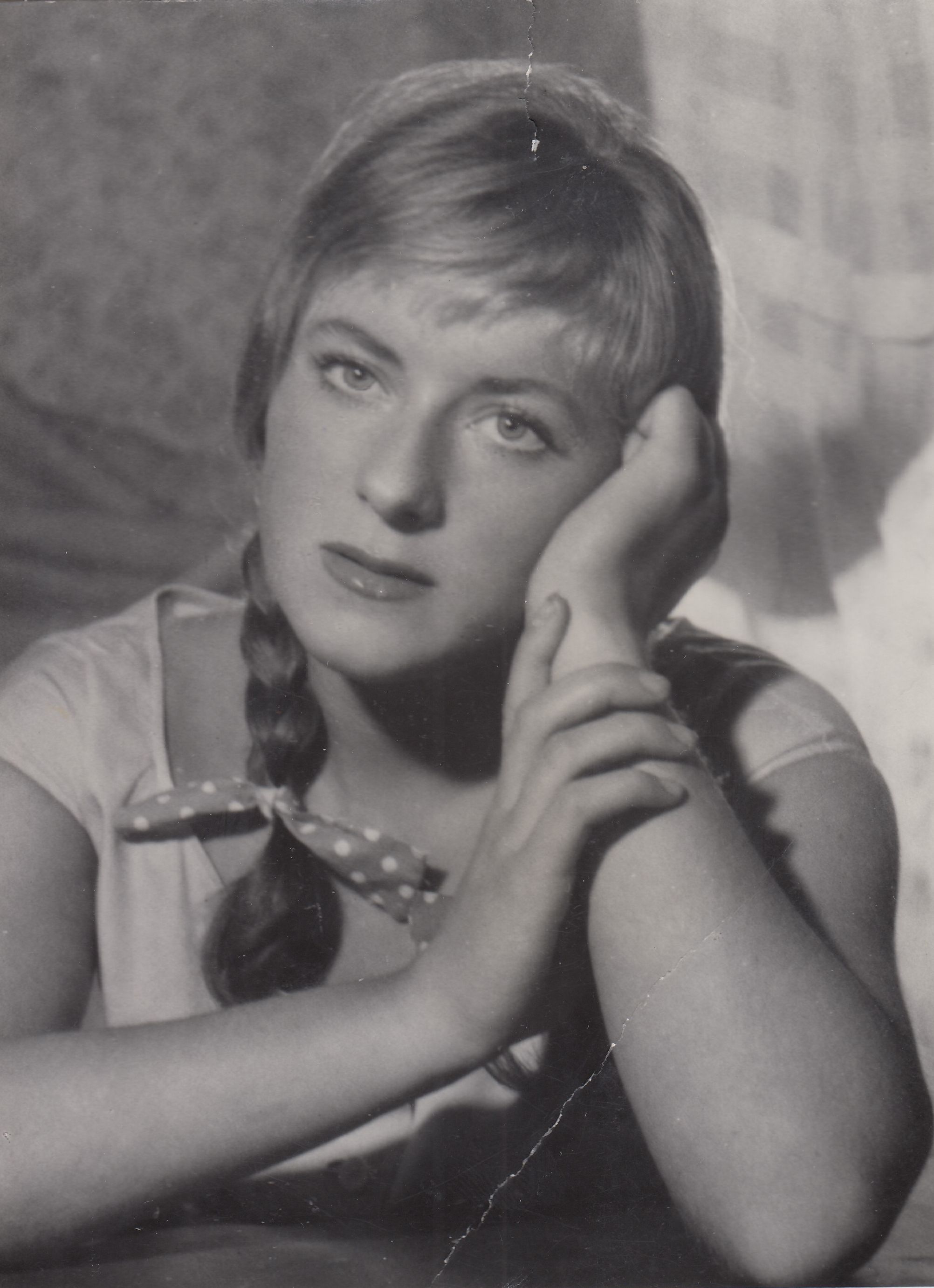
Download image
Ludmila Cibulková was born on 13 April 1942 in Pilsen to Emilia Kabátová, née Kunzendörferová, and Jan Kabát. His father worked as a technician at the Technical Offices of the Pilsen City Hall. Mum took care of the household, raising her daughter Ludmila and son Jan. Dad Jan Kabát and aunt Marie Ulmanová were members of Vasil Kosta’s anti-communist resistance group, infiltrated by State Security. On 16 January 1952, they were arrested, and dad was sentenced to twenty years in prison for treason and espionage and deprived of all rights and property. In 1960, after eight and a half years, he was released on amnesty and soon died. Aunt Marie Ulmanová was sentenced to twenty-five years imprisonment, and spent her entire detention until 1963 in the prison in Pardubice. Her mother Emilie Kabátová was evicted to the parish in Všeruby. The children Ludmila and Jan were not allowed to study at university. Ludmila Cibulková, thanks to her diligence, got into the Secondary Industrial School of Construction in Pilsen, after graduating she joined the construction design department in Škoda factory. She was refused to study Civil Engineering at the Czech Technical University for cadre report reasons. For thirty-five years she worked in construction design, then she was employed as an investment officer at the Faculty of Education in Pilsen. After the merger with the University of West Bohemia in Pilsen, she also worked as a project planner at the dean’s office. In 1964, she married Antonín Cibulka and they raised a daughter and a son. At the time of filming in 2023, she and her husband lived in a restored house.
